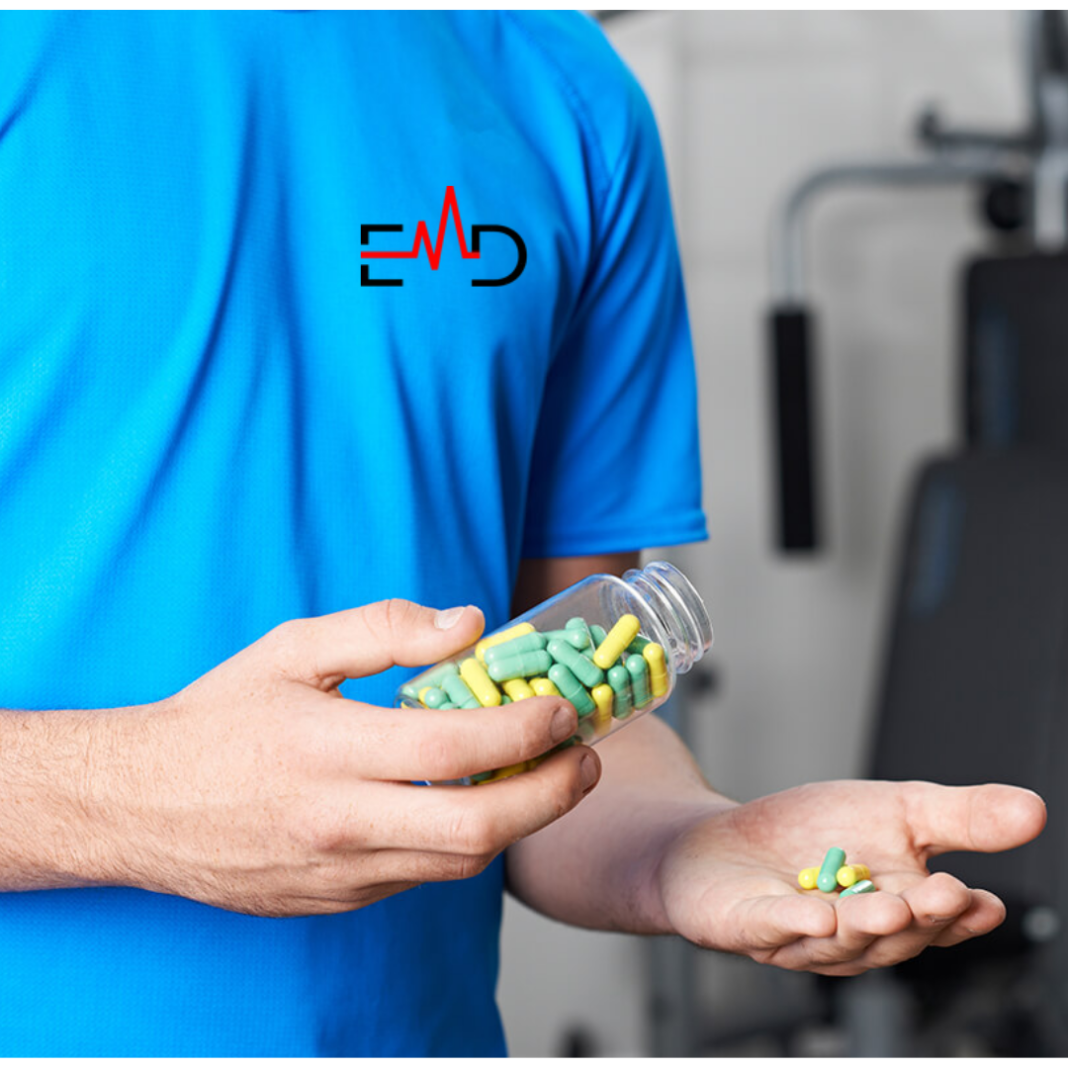Exercise Daily – In sports, the pursuit of excellence knows no bounds. Athletes train rigorously, pushing their bodies to the limits. Yet, some are tempted to take a shortcut: steroids. But how do these substances impact athletes’ performance? Let’s explore this contentious issue.
Before we delve into the effects, let’s understand what steroids are. These are synthetic substances that mimic the effects of testosterone. There are different types, including corticosteroids used for medical purposes.
The Temptation of Steroids
Athletes are driven by a desire to achieve peak performance. This quest often leads to the temptation of steroids. The allure of rapid gains can be hard to resist.
1. The Allure of Quick Gains
Steroids promise just that – the possibility of gaining muscle and strength at an accelerated pace. It’s like a shortcut to greatness, a ticket to surpassing one’s limits, or so it seems. This allure is hard to resist, especially in a world where success is often measured in fractions of a second or a single point.
2. The Pressure to Perform
Athletes are under immense pressure, not just from themselves but from their teams, coaches, and fans. The weight of expectations can be crushing. This pressure fuels the temptation to turn to steroids as a means to meet, or even exceed, those expectations.
3. The Illusion of Invincibility
Steroids have the potential to cultivate a profound sense of invincibility. Consequently, users frequently experience heightened confidence in their ability to push their limits, endure extended challenges, and expedite their recovery. This seductive illusion of invulnerability can be alluring. Athletes may find themselves convinced that they can navigate the associated risks and side effects, firmly believing that their unwavering determination and commitment will shield them.
4. Peer Influence and the Fear of Falling Behind
In the world of sports, athletes often look to their peers for inspiration and guidance. When they see fellow athletes achieving remarkable feats with the help of steroids, it can be difficult to resist the temptation to follow suit. The fear of falling behind or missing out on a competitive edge can be a powerful motivator.
5. The Need for Education and Ethical Considerations
When we consider the bigger picture, the allure of steroids emerges as a complex issue that surpasses a mere desire for performance enhancement. It is driven by the intricate interplay of ambition, external pressures, and an unwavering commitment to the pursuit of excellence.
To combat this temptation, education about the risks and consequences of steroid use is essential. Athletes must be empowered to make informed and ethical choices. They should understand that the allure of quick gains may come at a high price – not only in terms of their health but also their integrity and the integrity of the sports they love.
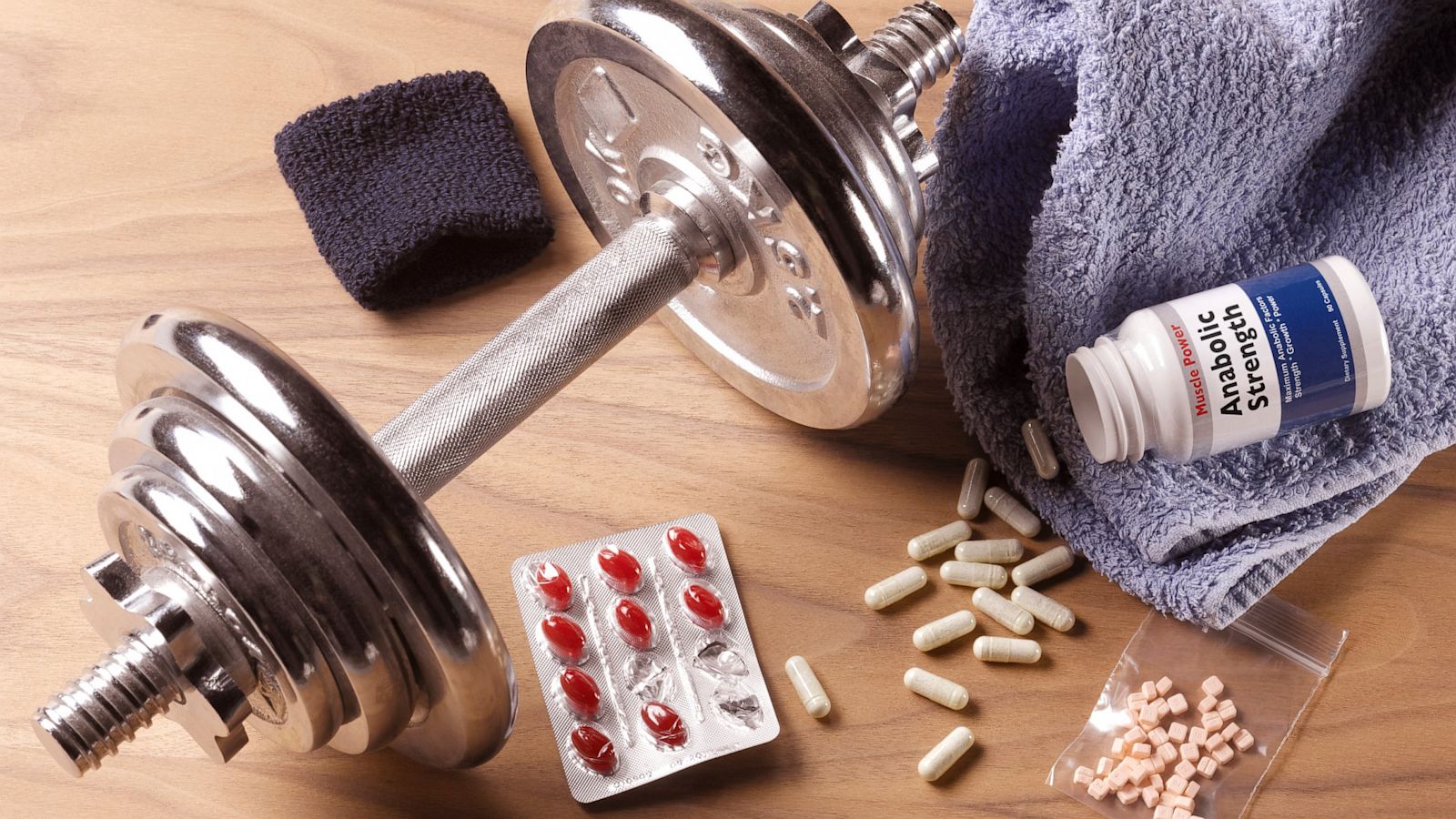
Immediate Effects on Performance
Steroids promise immediate benefits. Athletes using them report significant strength and muscle gains. Endurance improves, and recovery time shortens.
1. Unleashing Superhuman Strength
One of the most alluring aspects of steroids for athletes is the almost immediate surge in strength. It’s as if they unlock a hidden reservoir of power within their muscles. This can be a game-changer, especially in sports that require raw physical force, like weightlifting or sprinting.
2. Rapid Muscle Growth
Steroids also deliver rapid muscle growth, like adding bricks to a house at a breakneck pace. Athletes notice their bodies transforming before their eyes. This not only enhances their physical appearance but also contributes to improved performance.
3. Enhanced Endurance
Endurance athletes, such as long-distance runners or cyclists, are not immune to the allure of steroids. These substances can significantly increase stamina, allowing athletes to push through fatigue and keep going when others falter.
4. Faster Recovery
Another immediate benefit of steroids is a quicker recovery time. Athletes can bounce back from grueling workouts or intense competitions faster than ever before. This means they can train harder and more frequently, which, in turn, accelerates their progress.
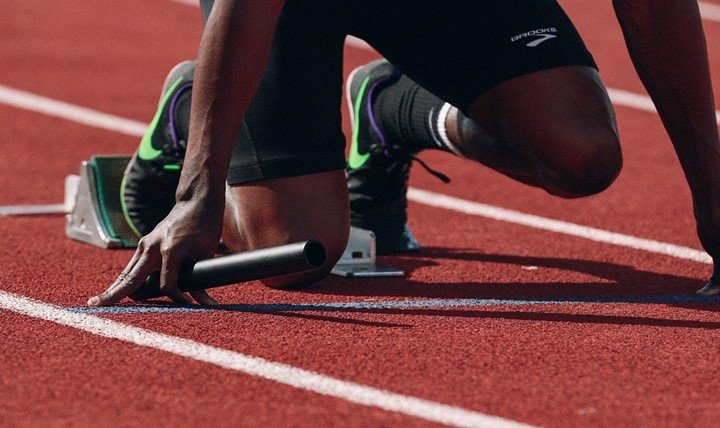
The Dark Side: Side Effects
However, there’s a dark side. Physical health risks include liver damage and heart problems. Psychological effects, like mood swings and aggression, can strain relationships. Legal consequences loom over users.
1. Physical Health Risks
Steroids, despite their performance-enhancing benefits, can wreak havoc on the body. One of the most significant concerns is their impact on physical health:
- Liver Damage: Steroid use can strain the liver, leading to conditions like jaundice and liver tumors. The liver, a vital organ for processing substances in the body, bears a heavy burden.
- Cardiovascular Issues: Steroids can cause elevated blood pressure, increasing the risk of heart attacks and strokes. The heart, under the influence of steroids, can become a ticking time bomb.
- Hormonal Imbalances: Prolonged steroid use can disrupt the body’s natural hormone production. For men, this might mean shrinking testicles and reduced sperm count. Women can experience irregular menstruation and the development of masculine characteristics.
2. Psychological Effects
The dark side of steroids extends beyond the physical realm. Users often grapple with a range of psychological effects:
- Mood Swings: Steroids can induce mood swings, causing users to oscillate between anger, irritability, and even depression. This emotional rollercoaster can strain personal relationships.
- Aggression (“Roid Rage”): Steroids have been linked to aggressive behavior, often termed “roid rage.” Users might find themselves lashing out in fits of anger, leading to regrettable actions.
- Addiction: Some athletes become psychologically dependent on steroids, fearing a decline in performance without them. This can lead to a dangerous cycle of continued use.
3. Legal Consequences
Beyond the physical and psychological turmoil, the use of steroids can have significant legal ramifications:
- Bans and Suspensions: Athletes caught using steroids can face bans from competition, which can be devastating to their careers and legacies.
- Loss of Medals and Titles: Any titles, medals, or records achieved while using steroids may be stripped away, leaving a permanent stain on an athlete’s reputation.
- Criminal Charges: In some cases, the distribution and possession of certain steroids can lead to criminal charges, with potential fines and even imprisonment.

Long-term Impact
Prolonged steroid use can take a toll on the body. Performance improvements plateau, and health risks escalate.
1. Diminishing Returns
At first, steroids may seem like a magic elixir, providing athletes with remarkable gains in strength and muscle size. However, as time passes, the body becomes less responsive to these substances. This phenomenon is known as “diminishing returns.”
2. Health Deterioration
Prolonged steroid use takes a toll on the body, like a relentless storm eroding the coastline. Athletes who rely on these substances for years may experience a range of health issues:
- Muscle Imbalances: Steroids can cause specific muscle groups to grow disproportionately, leading to imbalances that increase the risk of injuries.
- Bone Fragility: Long-term steroid use can weaken bones, making athletes more susceptible to fractures and injuries.
- Endocrine System Disruption: The body’s natural hormone production becomes disrupted, leading to a host of hormonal problems that can persist even after steroid use ceases.
3. Psychological Effects
The psychological impact of long-term steroid use can be profound:
- Dependence: Athletes may become psychologically dependent on steroids, believing they cannot perform without them. Breaking this dependency can be challenging.
- Depression and Anxiety: Long-term steroid use has been associated with depression and anxiety disorders, which can significantly affect an athlete’s quality of life.
4. Reputation and Legacy
The stain of steroid use can linger long after an athlete’s career ends. Even if they manage to evade detection during their competitive years, suspicions and allegations can tarnish their reputation.
5. The Difficult Path to Recovery
For athletes who recognize the need to break free from the grip of steroids, the road to recovery can be arduous. It often involves not only overcoming physical dependencies but also addressing psychological and emotional scars.
Doping Scandals
Doping scandals have rocked the sports world. Notable athletes have faced bans and tarnished legacies due to steroid use.
1. The Shockwaves of Betrayal
Imagine a sports event where the world’s finest athletes compete on a level playing field—or so it seems. Then, like a bolt of lightning, the revelation of doping sends shockwaves through the sports community. These scandals typically involve prominent athletes who have tested positive for banned substances, leaving fans and fellow competitors feeling betrayed.
2. Notable Cases in Sports History
Doping scandals have a long and storied history in sports. Some of the most memorable cases involve athletes who were once celebrated but fell from grace:
- Lance Armstrong: The cycling legend’s seven consecutive Tour de France victories were marred by revelations of systematic doping. He was stripped of his titles and faced public disgrace.
- Marion Jones: The American sprinter’s gold medals from the 2000 Olympics were tainted by her admission of steroid use, leading to her medals being rescinded.
- Ben Johnson: The Canadian sprinter’s world-record-breaking run at the 1988 Olympics was nullified when he tested positive for steroids.
3. Consequences for Athletes and Sports Organizations
Doping scandals have far-reaching consequences, affecting both individuals and the organizations that oversee sports:
- Athlete Bans: Athletes found guilty of doping face suspensions or lifetime bans from their respective sports, shattering their careers and dreams.
- Loss of Titles and Records: Medals, titles, and records earned through doping are often revoked, erasing an athlete’s achievements from the history books.
- Crisis for Sports Governing Bodies: Sports organizations must grapple with the fallout of doping scandals, from damage to their reputation to the need for stricter anti-doping measures.
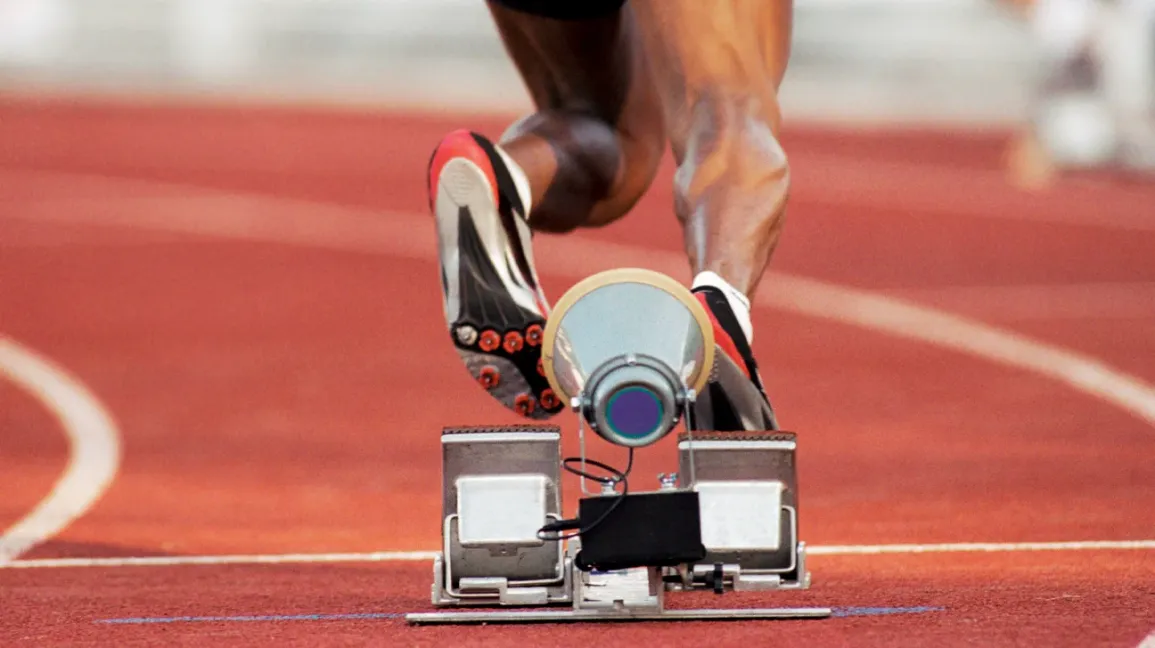
The Quest for Fair Play
To combat doping, anti-doping agencies implement testing protocols. However, evading detection poses a challenge.
The Spirit of Sportsmanship
At the heart of the quest for fair play lies the spirit of sportsmanship. It’s the belief that victory should be earned through skill, dedication, and determination rather than shortcuts or unfair advantages. This spirit fosters respect among competitors and forms the foundation of sports ethics.
Anti-Doping Agencies and Measures
One of the key pillars in the quest for fair play is the presence of anti-doping agencies and measures. These organizations work tirelessly to ensure that athletes compete on a level playing field, free from the influence of performance-enhancing substances.
The Challenges of Detection
However, detecting doping is not without its challenges. Like a game of hide and seek, dopers are constantly evolving their methods and substances to evade detection. The quest for fair play requires a constant battle of wits, with anti-doping agencies striving to stay one step ahead.
Natural vs. Enhanced Athletes
Debate rages over a level playing field. Some argue that enhanced athletes have an unfair advantage, raising ethical concerns.
1. The Pursuit of Excellence
In sports, the pursuit of excellence is a shared goal among athletes, whether they choose to compete naturally or with the aid of enhancements. It’s like two paths leading to the same mountaintop, each with its own challenges and rewards.
i. Natural Athletes
Natural athletes rely solely on their innate abilities, rigorous training, and dedication. They believe that the essence of sports lies in pushing the boundaries of human potential without artificial aids.
ii. Enhanced Athletes
Enhanced athletes, on the other hand, turn to substances like steroids to augment their physical attributes. They argue that science and technology can complement hard work, leading to extraordinary feats.
2. The Ethical Dilemma
The debate between natural and enhanced athletes is not merely a question of performance; it’s also an ethical dilemma. It’s like a tug of war between the desire for fairness and the pursuit of excellence.
i. Natural Purity
Advocates for natural athletes argue that the essence of sports lies in the purity of competition. They believe that allowing enhancements disrupts the level playing field and undermines the integrity of sports.
ii. The Quest for Advancement
Enhanced athletes contend that the quest for human advancement should extend to sports. They argue that as science and technology progress, so too should our understanding of what the human body can achieve.
3. The Role of Regulation
The debate over natural vs. enhanced athletes is not likely to be resolved definitively. Instead, it’s regulated through anti-doping agencies and governing bodies that set rules and standards for fair competition.
These organizations aim to strike a delicate balance, allowing athletes to benefit from advances in sports science while preserving the integrity of sports. They establish lists of banned substances and conduct rigorous testing to ensure compliance.
4. The Challenge of Equality
The quest for fairness extends to ensuring that athletes from all backgrounds have equal opportunities. This means addressing issues like access to training facilities, coaching, and financial support. It’s about creating a level playing field not only in terms of rules but also in terms of opportunities.
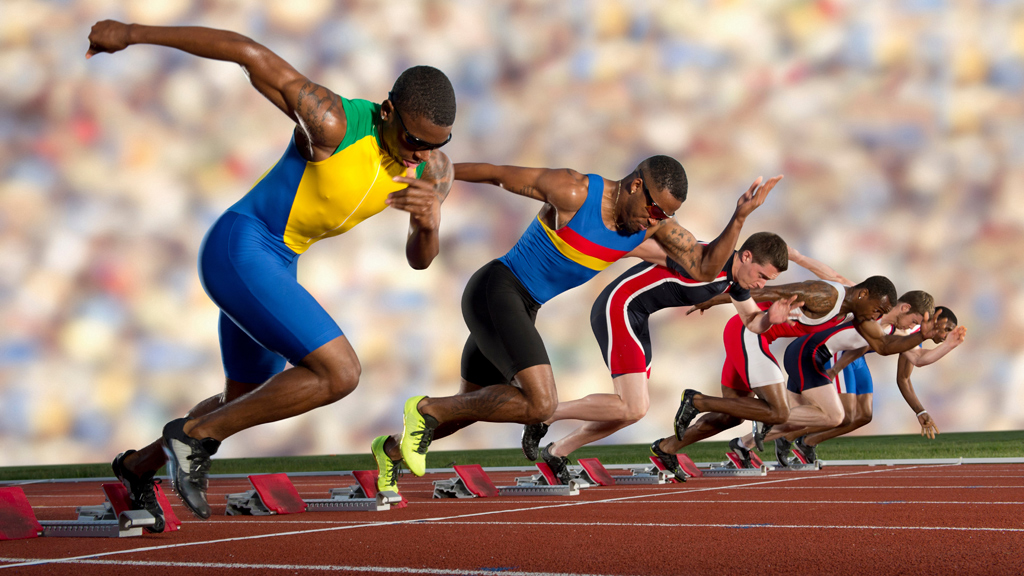
Alternative Routes to Excellence
Achieving peak performance doesn’t require steroids. Proper training and nutrition play a vital role.
1. Training Mastery
One of the most well-trodden alternative routes to excellence is through training mastery. Athletes who opt for this path focus on honing their skills and perfecting their techniques.
2. Mental Resilience
Another alternative route to excellence centers on mental resilience. This path emphasizes the power of the mind in sports performance.
3. Innovative Coaching
Innovative coaching is a path where athletes seek out unconventional and visionary coaches who can offer unique insights and strategies.
4. Holistic Health and Nutrition
Achieving excellence isn’t just about physical training; it’s also about holistic health and nutrition. Athletes who take this route prioritize their well-being, understanding that a healthy body performs better.
5. Technology and Analytics
Advances in technology and data analytics offer athletes a unique route to excellence. Athletes who embrace this path leverage data-driven insights to refine their performance.
6. Mental Imagery and Visualization
Mental imagery and visualization are powerful tools that athletes can employ to enhance their performance. This path involves mentally rehearsing and visualizing success.
7. Adaptive Training
Some athletes find success by embracing adaptive training, which involves adjusting their training plans based on real-time feedback and listening to their bodies.
Athletes’ Testimonials
Many athletes regret their choice to use steroids. Their stories serve as cautionary tales. “Athletes’ Testimonials” are like personal stories that shed light on the real-world experiences of those who have walked the path of sports. These stories are a source of inspiration and wisdom, offering valuable insights into the trials and triumphs of athletes.
1. The Triumph of Resilience
Imagine the testimonial of a gymnast who faced countless setbacks and injuries throughout her career. She shares her journey of resilience, highlighting the moments when she almost gave up but found the strength to push through. Her story serves as a powerful reminder that setbacks are not failures but opportunities for growth.
2. The Power of Teamwork
In a soccer player’s testimonial, the spotlight often turns to the paramount significance of teamwork. Within their narrative, they weave compelling anecdotes of victories achieved through seamless coordination, thus underscoring that triumph in sports frequently hinges on the collective efforts of the team. In essence, their message resounds with the profound value of collaboration and camaraderie.
3. Overcoming Mental Barriers
In the realm of marathon running, it’s not uncommon for athletes to open up about their battles with self-doubt and formidable mental barriers. They eloquently recount their journey of triumphing over these inner demons, a process that ultimately unlocks their full potential. Such a testimonial stands as a powerful testament to the profound importance of mental fortitude, not just in sports but in the broader spectrum of life as well.
4. The Journey from Underdog to Champion
An underdog athlete’s testimonial is a story of defying the odds. They recount their humble beginnings and the doubters who underestimated them. Their journey to becoming a champion inspires others to pursue their dreams relentlessly, regardless of their starting point.
The Role of Education
Educating athletes about the risks of steroids is crucial. It empowers them to make ethical choices. The role of education in the world of sports is akin to a coach’s guidance for an athlete – it provides the knowledge, skills, and values that enable athletes to excel not only on the field but also in life. Let’s explore the multifaceted role that education plays in the world of sports.
1. Skill Development
Education forms the foundation upon which athletes build their skills. Whether it’s mastering the fundamentals of a sport or honing advanced techniques, athletes rely on education to acquire the knowledge and expertise required for success. Education in sports encompasses not only practical skills but also a deep understanding of game strategies and tactics.
2. Sports Science and Medicine
The remarkable advancements in sports science and medicine have brought about a revolution in how athletes prepare and recover. Education in these fields equips athletes with valuable insights into areas such as nutrition, injury prevention, rehabilitation, and the optimization of performance.
3. Mental Toughness
Education stands out as a crucial catalyst for developing mental toughness in sports. Additionally, athletes acquire psychological strategies that enable them to maintain focus, resilience, and unwavering confidence, particularly when confronted with adversity. Notably, these mental skills frequently prove to be just as vital as physical abilities in the pursuit of success.
4. Ethical Values and Sportsmanship
Education plays a pivotal role in instilling ethical values and sportsmanship within athletes. Furthermore, through education, they grasp the significance of fair play, respect for opponents, and strict adherence to rules. Importantly, education in sports ethics serves as a powerful reminder that victory should never be pursued at the cost of one’s integrity.

The Future of Steroids in Sports
Ongoing research may lead to safer alternatives. The future of athletics will be shaped by these developments.
1. Advancements in Detection
In contemplating the potential future of steroids in sports, it’s essential to factor in the continuous efforts aimed at advancing detection methods. Notably, anti-doping agencies and researchers are tirelessly working to develop increasingly sophisticated and accurate tests for identifying performance-enhancing substances.
2. Enhanced Designer Drugs
On the flip side, the future may see the emergence of even more advanced designer drugs that are difficult to detect. As science and technology progress, so do the methods of enhancing performance while evading detection.
3. Ethical and Philosophical Debates
The future of steroids in sports will continue to be a subject of ethical and philosophical debates. These discussions may center on questions like whether certain substances should be allowed or whether we should redefine what constitutes fair play.
4. Changing Attitudes Toward Enhancement
As time progresses, society’s attitudes toward performance enhancement are likely to undergo an evolution. Moreover, as our comprehension of the human body and its capabilities deepens, we may naturally become more accepting of specific forms of enhancement.
5. Greater Emphasis on Health and Well-being
Athletes and sports organizations may increasingly prioritize the health and well-being of athletes. Consequently, concerns about the long-term effects of performance-enhancing substances could steer them away from their use.
Conclusion
In the pursuit of greatness, the use of steroids may offer a tempting shortcut, but it comes at a steep cost. Athletes must weigh the immediate gains against the long-term risks and ethical considerations. It is in the spirit of fair play and the preservation of health that we hope athletes make responsible choices.
FAQs – How Do Steroids Affect Athletes’ Performance?
Q: Are all steroids banned in sports?
No, some steroids are permitted for medical reasons. Athletes must follow anti-doping rules and obtain necessary approvals.
Q: Do steroids guarantee success in sports?
No, success in sports depends on various factors, including skill, training, and dedication.
Q: What are the legal consequences of doping in sports?
Athletes caught doping can face bans, loss of medals, and damage to their reputation.
Q: Can athletes recover from the side effects of steroids?
Some side effects are reversible with cessation of use, but others may have lasting effects.
Q: Is there a way to detect all forms of steroid use?
Anti-doping agencies continually refine testing methods, but evading detection remains a challenge.

